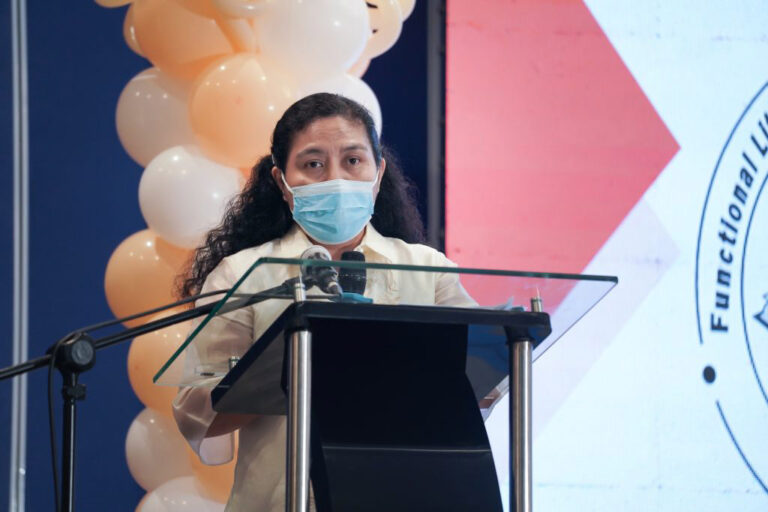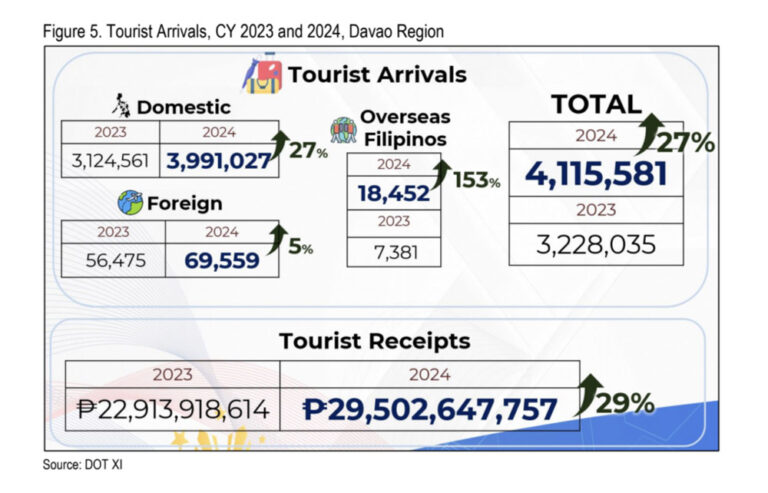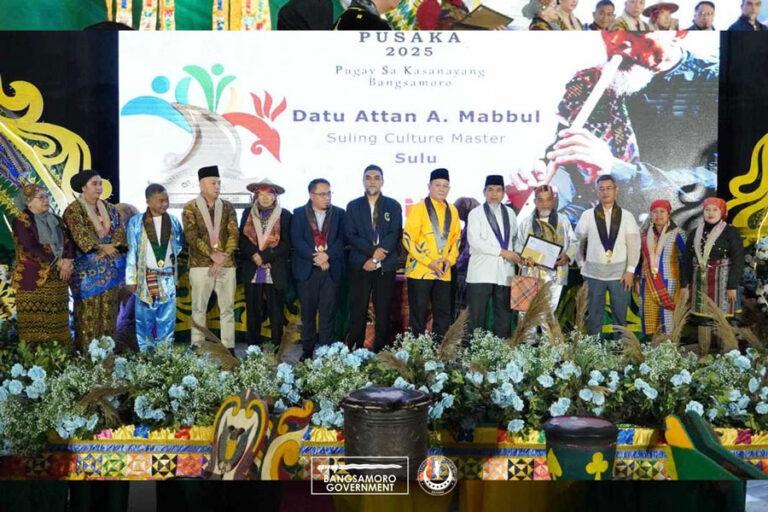THE HOUSE of Representatives approved on second reading Resolution of Both Houses (RBH) 15, or the proposed federal charter.
The lower chamber passed through voice voting RBH 15, which seeks to propose revisions to the 1987 Constitution. It was principally authored by Speaker Gloria Arroyo and over two dozen lawmakers and the resolution was put to a vote on second reading following three session days of plenary debates.
RBH 15 proposes a presidential-bicameral-federal system of government and empowers Congress to establish federal states. It seeks to adopt and develop a two-party system as a mechanism of representation and democratic governance. It also lifts the term limits for members of Congress.
Lawmakers shall be required to have a college degree. The first election under the proposed Constitution shall be held on the second Monday of May 2022. The term of the President and Vice President, which shall end in 2022, shall not be extended. The incumbent president is prohibited from running in the 2022 elections.
Arroyo earlier said the House will work on Charter change as best as they could within the time left under the 17th Congress, while hoping that the next Congress will continue their work. “We know that there will still be many steps. But the thing is, we will bring it as far as we can bring it, in the hope that the next Congress can continue the work,” she said.
Duterte wants federal system
President Rodrigo Duterte is also pushing strongly for federal system of government and had even threatened to make Mindanao a federal region if lawmakers fail to amend the Constitution to pave the way for new government.
Duterte said the current unitary system has spelled so much trouble. When he was mayor in Davao City in southern Philippines, Duterte had been strongly campaigning for the establishment of a federal form of government and in many of his public appearances and speeches the President said federalism is the next best thing for the country.
He also vowed to step down – even before his term ends on 2022 – as soon as the new federal government is fully functional.
Sulu’s stand
Duterte’s stand virtually reinforced Sulu’s strong support to the President firm stand and advocacy for a federal form of government. The governor of Sulu, Toto Tan, even filed a petition with the Supreme Court questioning the legality and constitutionality of the Bangsamoro Organic Law or BOL which, if approved by Muslims in a plebiscite set in January, shall replace the current Autonomous Region in Muslim Mindanao or ARMM, under the rule of the rebel group Moro Islamic Liberation Front or MILF.
The MILF signed an interim peace deal with Manila in 2014 which paved the way for the drafting of the Bangsamoro Basic Law and was signed by Duterte and became what is now known as BOL. In the proposal of the Constitutional Commission as stated in Article XI, the federal republic will have 18 regions, 16 of which will be symmetrical.
The Muslim and Cordillera regions will have asymmetrical setups due to provisions of their autonomy which recognizes ethnicity, culture, customs, traditions, language and distinct identities. Muslim leaders and various stakeholders in Mindanao have been pushing for the separation of Basilan, Sulu and Tawi-Tawi from the ARMM and instead include the provinces in Zamboanga Peninsula to form part of a federated states should Congress approve the proposed federalism government.
Region 9
The three neighboring provinces were originally part of Region 9 in Western Mindanao which is comprise of Zamboanga City, Zamboanga del Sur and Zamboanga del Norte, and now the addition of Zamboanga Sibugay. In a consensus held only this year, stakeholders from Zamboanga Peninsula, Basilan, Sulu, Tawi-Tawi and Maguindanao trooped here to read their manifesto as a show of strong support to the proposal for the creation of ‘Federal State of ZamBaSulTa’.
Among the valid justifications for the proposed Federal State of ZamBaSulTa are Economic Viability and to ensure this is to group together Zamboanga Peninsula with Zamboanga City as the center, and Basilan, Sulu and Tawi-Tawi; Historical Reality as the shared history of the area and proposed federal state is a strong argument for its unity as one federal state.
This history stems from the once dominant force exerted by the Sulu Sultanate over these areas, including Southern Palawan and the islands of Sulu and South China Seas, but the consensus also maintained that this is not to say the Sultanate of Sulu will again lay claim to these areas, instead, the region is now witness to different operative local government units that wield the real power and that cannot be changed.
It also cited other justification for the union such as Geographical Proximity because the provinces and Zamboanga City is contiguous to each other by land, and Basilan, Sulu and Tawi-Tawi are situated next to each other like a chain of island south of the Zamboanga Peninsula. And Demographic and Cultural Identity because of similarity in culture and peoples – Muslim and Christian relationship, education and interfaith engagements have strengthened this identity in the region.
Sultans of Sulu, North Borneo
At least 5 influential Sulu sultans, Ibrahim Bahjin, Muizuddin Jainal Bahjin, Muedzul-Lail Tan Kiram, Mohammad Venizar Julkarnain Jainal Abirin and Phugdalun Kiram who are part of the Royal Council of the Sulu Sultanate, also attended the event dubbed – “The Bangsa Sug Consensus – ZamBaSulTa.
A People of Significance.” – and threw their all-out support for the proposal along with Muslim religious leaders led by the Grand Mufti, His Eminence Abdulbaqi Abubakar. The Tan patriarch, in a position paper he read before the huge crowd, enumerated several concerns and reaction of Muslims to the proposed Bangsamoro Bill and federalism.
He said the main objections of the people of Sulu through its Sultanate to the proposed Bangsamoro law center on the provisions on Territory that would change the historical name of the Sulu Sea to “Bangsamoro Waters.” He said Sulu Sea should retain its name.
Tan said the constituents in the provinces under the ARMM (including Lanao del Sur and Maguindanao) should be given the option to vote against inclusion in the proposed Bangsamoro entity. “The position is anchored on the principle of democratic consultation which is an essential element of plebiscites and a basic concept in Islam, as embodied by the principle of Shura (or consultation) in the Holy Qur’an.”
“The method of plebiscite and the counting of votes should be based on real democratic consultation and should not be hampered by what may be considered as the tyranny of the majority,” the elder Tan said.
He said the present version of the bill provides that the establishment of the Bangsamoro and the determination of the Bangsamoro territory shall take effect upon ratification of the Basic Law by majority votes cast in plebiscite.
The present bill, Tan said, takes for granted that all five constituent provinces favor inclusion in the new Bangsamoro entity. “This should never be presumed because presumption destroys the democratic essence of plebiscites. Precisely for the reason that the Bangsamoro entity is new, and is not just an amended version of the ARMM, the consent and option of the ARMM constituent provinces should be respected,” he said.
Tan said when the constituent provinces voted for inclusion to the ARMM in past plebiscites, they consented to be included in the ARMM, and not in the Bangsamoro which is completely new legal entity. “Ratification therefore should be on the basis of the majority votes of each constituent province and not of the entire geographical area of the present ARMM,” he said. He said the territorial lines of federalization should not be dictated by religious dogma for this would be limiting, counter-productive and contrary to the spirit of nationhood.
“The federal territorial divide is not a divide of peoples and religions; it is a realistic and practical divide of administration and governance, so that the people get the best and most viable governance that befits their needs and circumstances,” Tan said, adding, a copy of the consensus was submitted to the House of Representatives and Senate, and the Palace. Representatives from various sectors from the academe to business groups also read their own manifesto supporting the consensus.
Muslims
Muslims have been urging Duterte to consult all different tribes in southern Philippines in drafting the Bangsamoro bill that will be part of the new Federal government lawmakers are proposing. There are over a dozen Muslim tribes in the region, mostly in the provinces of Basilan, Sulu, Tawi-Tawi, Lanao del Sur and Maguindanao and also in Palawan. There are an estimated 11 million Muslims or approximately 11 percent of the Philippine population, but their leaders are not well represented in the Bangsamoro Transition Commission or BTC the government has put up to draft the BBL.
Majority of the Muslims do not even know the provisions in the BBL and previous consultations in the time of the Aquino administrations were mostly staged with Muslim leaders saying they were not consulted. And to make matter worse, Christian lawmakers continue to challenge the provisions in the draft law by saying they are unconstitutional.
Even provincial governors of the Muslim provinces were not part of the BTC which was chaired by Mohagher Iqbal, the vice chairman of the rebel group Moro Islamic Liberation Front, which signed an interim peace deal with Manila in 2014. The MILF – whose influence is concentrated only in Maguindanao – now wanted to rule over the proposed new Bangsamoro homeland that would replace the Muslim autonomous region. Muslims in Basilan, Sulu and Tawi-Tawi and Palawan belong to the majority Tausug which is the native inhabitants of Sulu and two ethnic tribes – the Yakan and Samal – and they do not want to be ruled by the MILF, of majority of its tribe and members.
They wanted a separate autonomous region for the Tausug, Yakan and Sama; and for the revival of the Sultanate of Sulu and give political powers to their sultans. (By Filane Mikee Cervantes. And Mindanao Examiner)



